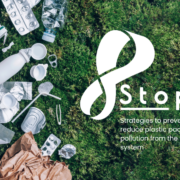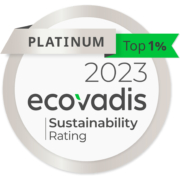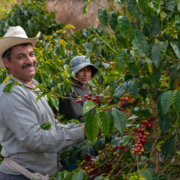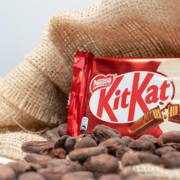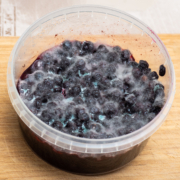Multus’ new media manufacturing facility set to boost cultivated meat production
UK-based Multus has opened a world first media manufacturing facility to help cultivated meat companies cut costs as they scale up production and accelerate from lab to market.




